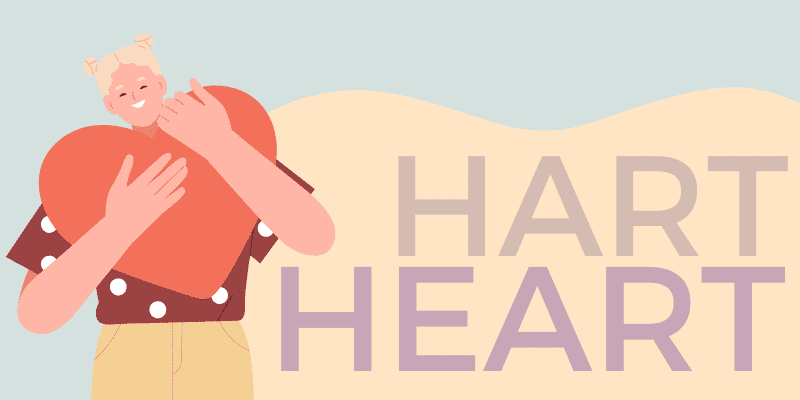Stint or Stent – Difference in Meaning & Usage
Our language is full of words that sound so alike yet mean vastly different things, like the lexical labyrinth of stent versus stint. To the untrained ear, they may seem swappable, but they couldn’t be more different. So, let’s take a moment to scrutinize these two terms so you’ll never get them mixed up again. Stent vs. Stint: Meanings and Differences For the most part, a stent is a small tube made of metal or plastic that doctors place into …

